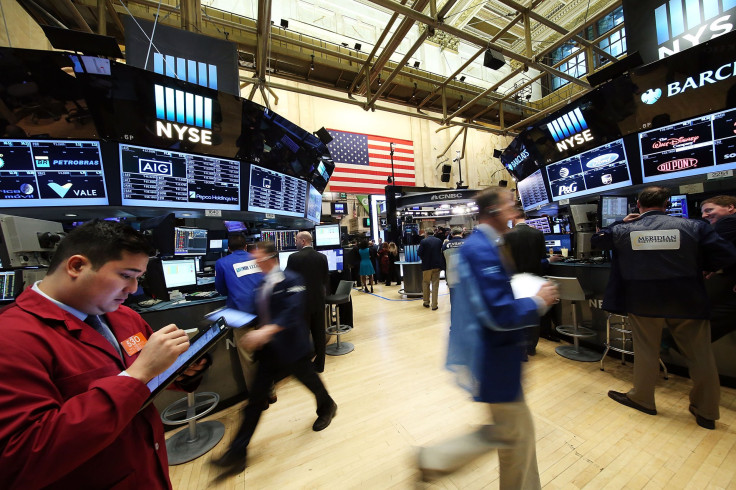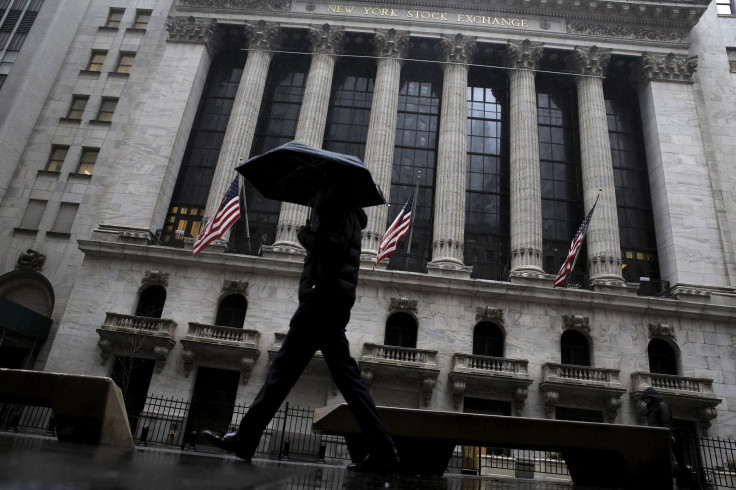Stock Market Today: Wall Street Suffers Big Losses Amid US - China Trade Dispute

Stocks on Monday plunged to their largest one-day loss of 2019 amid an escalating trade war between China and the U.S.
The Dow fell 767 points, or 2.9%, to 25,718, while the Nasdaq suffered its longest losing streak since November 2016, dropping 278.03 points, or 3.47%. The S&P 500 fell 87.31 points, or 2.98%, to 2,844.74.
The declines come after the U.S. last week placed an additional 10% tariff on Chinese goods as part of President Trump’s continued trade war with China. China retaliated by letting the yuan fall below 7 to the dollar and halting the purchase of U.S. agricultural goods by state-operated buyers.
Trump on Monday railed against China's “currency manipulation.”
China, meanwhile, said it could impose additional tariffs on "newly purchased U.S .agricultural products after Aug. 3."
“Now we have a trade situation that is going off the rails as the side effects multiply due to the ramping up of the use of tariffs and we are only further apart from any resolution with the Chinese,” said Peter Boockvar, chief investment officer at Bleakley Advisory Group, according to CNBC. “The policy of using tariffs as a tool to address our legitimate beefs with the Chinese has failed miserably.”
Apple (AAPL), which is expected to take a big hit from this latest tariff, saw one of the sharpest declines of the day, with a 5.23% drop.
Others hit hard include Best Buy (BBY) with a 3.49% drop, while Macy’s (M) fell 3.19% and Nike (NKE) declined 2.67%. The retail sector is the main target of Trump’s latest tariff, which takes effect on Sept. 1.
“[China] appears to have decided that, given the increasingly dim prospects of a trade deal with the US, the boost to China’s export sector from currency depreciation is worth attracting the ire of the Trump,” Julian Evans-Pritchard, senior China economist at Capital Economics, said in a note. “The fact that they have now stopped defending 7.00 against the dollar suggests that they have all but abandoned hopes for a trade deal with the U.S.”
Indexes in Europe, Japan and Hong Kong fell at least 1%.
"Investors should not make the mistake of trying to time the markets amid today's selloff," Mike Loewengart, vice president of investment strategy at E*Trade, told The Street.
"This too shall eventually pass, and bouts of volatility in recent months have shown this can happen quickly. That said, trade-induced volatility could continue to challenge investors' portfolios. Investors looking to help mitigate the effects of the trade war could consider exploring small caps which tend to have little international exposure found in large- and mid-cap multinational companies."

© Copyright IBTimes 2025. All rights reserved.





















